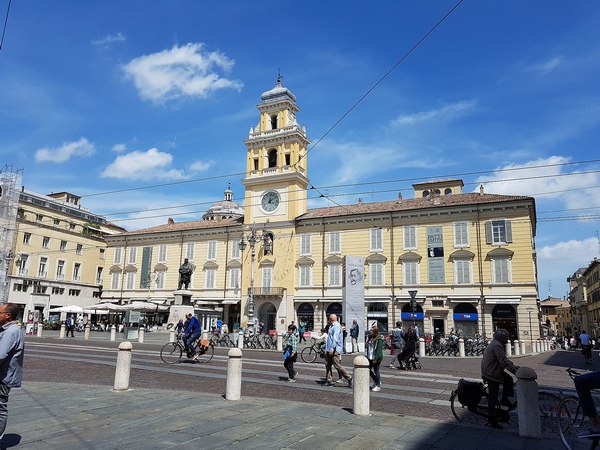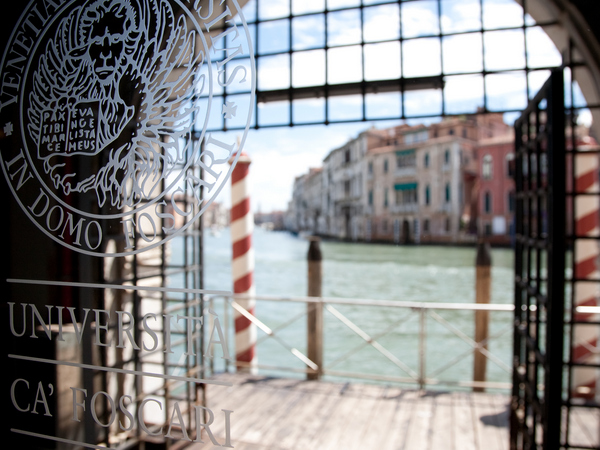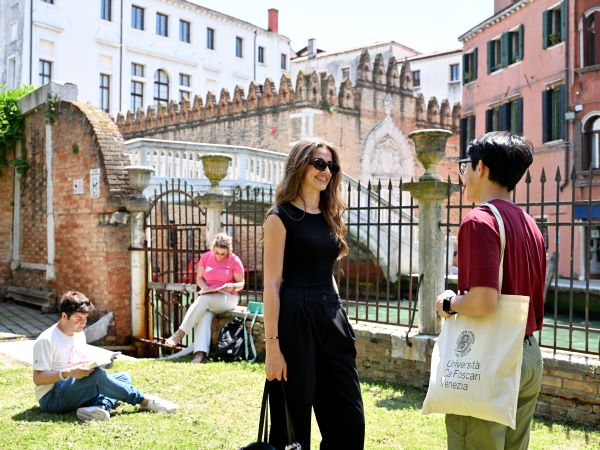A cohesive society is one in which even people who experience economic and social disadvantages can fully take part in public life.
In particular, their involvement is crucial in the planning and evaluation of local public services, like childcare and housing services, services that help people enter the job market, or reception and integrations services for asylum seekers and refugees.
Furthermore, in a world where climate change is threatening the future of humanity and requires radical counter measures, it’s essential for all people to become aware of what’s at stake and to be involved in the sustainability actions that can be implemented, even at a local level.
But how can we truly engage often marginalized groups, including migrants and refugees? To answer this question, Ca’ Foscari University of Venice will launch a European project involving 12 public and private institutions in Italy, Austria, Germany and Slovenia.
The “Governance Enhancement for Cohesive Societies” project (GEtCoheSive) received funding for almost 3 million euros by the Interreg Central Europe programme. The works will begin in spring 2023 and last for 3 years.
In the first phase, the institutions will cooperate to map the experiences of participatory governance in four cities (Berlin, Parma, Vienna and Ljubljana).
Afterwards, they will plan and actualize new practices of deliberative and participatory democracy, with the mediation of partnering third sector organizations.
The goal of these trials is to discuss and deliberate on two policy areas: access to local welfare policies and climate change policies, specifically eco-welfare policies, which are the social dimension of environmental policies.
Apart from the supervision of the whole project, Ca’ Foscari - together with other partnering research institutions (Free University of Berlin, University of Vienna and the Research Center of the Slovenian Academy of Sciences and Arts) - will also monitor the planning and implementation of the deliberative processes, especially in regards to the quality and effectiveness of the deliberation.
“Governance, meaning the dynamics of the interactions between public and private parties in the creation process of public policies, is not a simple technical mechanism for coordination: it spreads values and worldviews that influence the citizens’ access and fruition of public services - explains Francesca Campomori, professor of Political science at Ca’ Foscari and coordinator of the project - For this reason, the challenge of this project is to help those groups that are usually left out of public life, so that they can take part in these exchange arenas and debates.
The results gathered from the pilot actions in the four participating cities will be discussed with political authorities, becoming action plans that the authorities are committed to put into practice.
This project will also advance Ca’ Foscari’s research on the topic of deliberative quality (and thus of democracy), one of the great themes of political science. In Italy, this specific topic was taken forward by Luigi Bobbio, whose works are our inspiration”.











